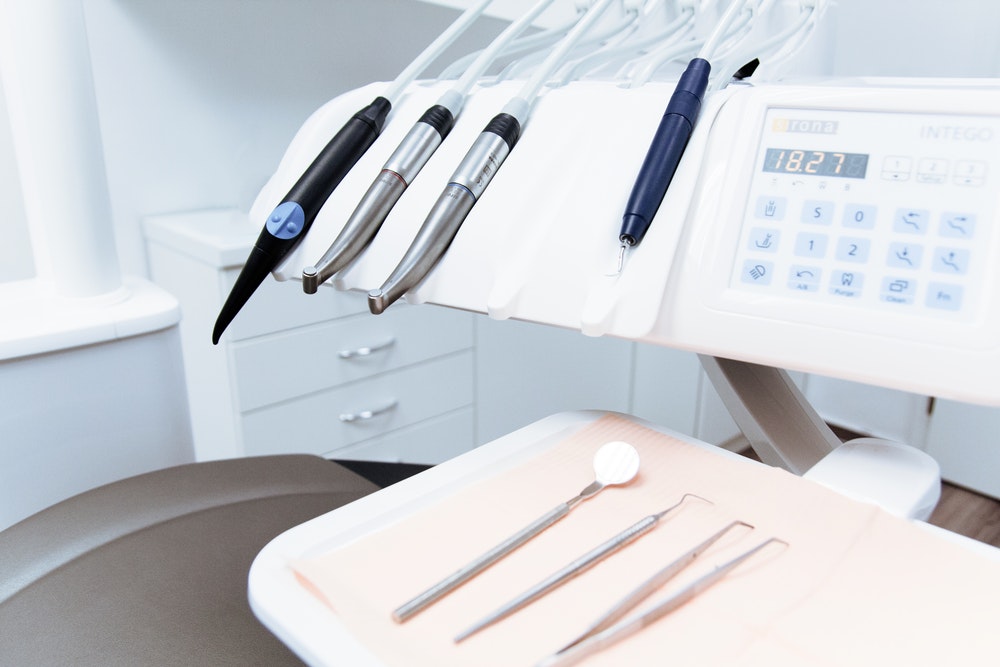How Dentists Can Communicate Better with Patients

Even if you are an excellent dentist who can provide the most advanced treatments, a lack of compassion and communication when dealing with your patients can significantly undermine your practice. Learning how to better communicate with your patients whether on the telephone, during an examination or in your follow-up consultation can help your patients feel more comfortable with you and more likely to return to your practice.
Start with a Good First Impression
Most people form first impressions quickly. Even if they already have an excellent impression of your practice, your office and your staff, their impression of you and your chair-side manner can change everything. It must be your goal to get things off to a good start with simple patient communication techniques you can use with anyone. For example, as soon as you see a patient, greet them even if they are still working with the hygienist. Smile, call your patients by name and ask their permission before doing anything.
Use Continual Patient Education
Many patients feel incredibly anxious at the dentist’s office, and much of this anxiety can be traced back to the fact that they do not know what to expect while there. By educating patients throughout every step of the process, you not only can dial back their levels of worry and stress but also can help them learn more about how to maintain their oral health in the future. Tell them about what you are looking at in their mouths. Explain how and why you are checking their teeth, gums and jaw. Let them know your findings, and tell them what they can do if they are unhappy with their oral health.
In order to reduce their anxiety, you can also use dental headrests and other dental chair accessories to make their experience far more comfortable. These types of products help keep patients steady while lying and gives them a more comfortable surface to calm their nerves.
Avoid Jargon and Confusing Language
It can be easy to switch into confusing dental terminology with your patients because it is simple for you to understand. However, virtually none of your patients will have the knowledge levels to understand professional terminology and treatment names. Be sure to speak to patients at their level so that they can become partners in their oral care. You can also give them printed educational materials that are already written at their level so that they can take them home and study them.
Remain Personable and Approachable
Throughout the entire visit, you should remain in the role of a friendly yet knowledgeable advisor. Take an active interest in what your patients are saying, and check that they understand what you are saying. When talking to them, get to their level by sitting down, and assume an open demeanor while maintaining good eye contact.
Of course, not every patient situation will be easy and comfortable. You may find yourself in sticky situations, dealing with unhappy patients or discovering that you need to make an apology. However, you can employ all these communication tips in any situation so that your patients always feel cared for and understood.